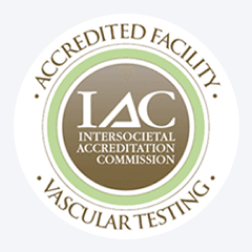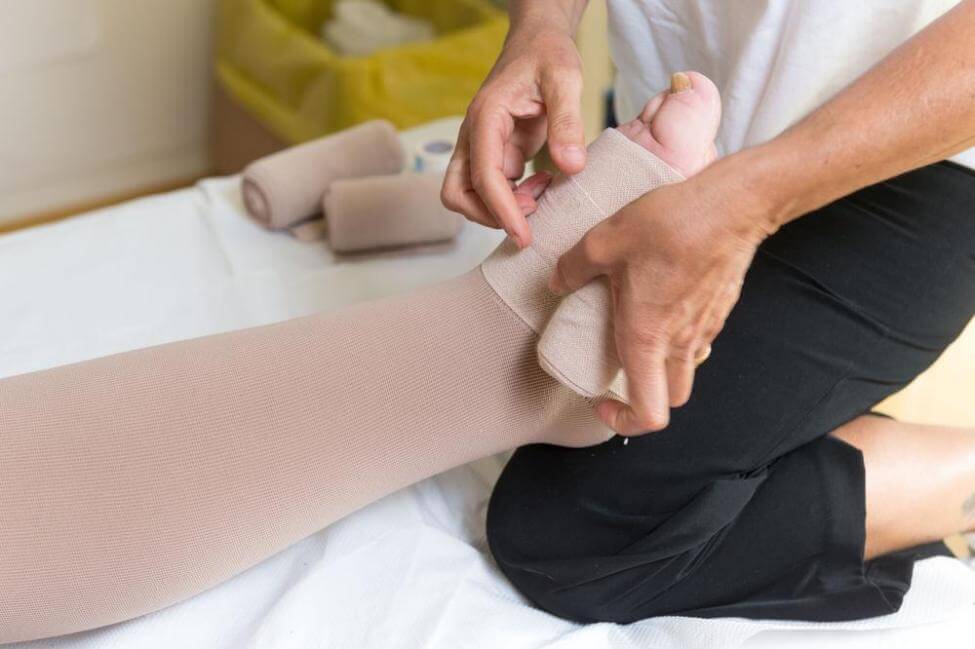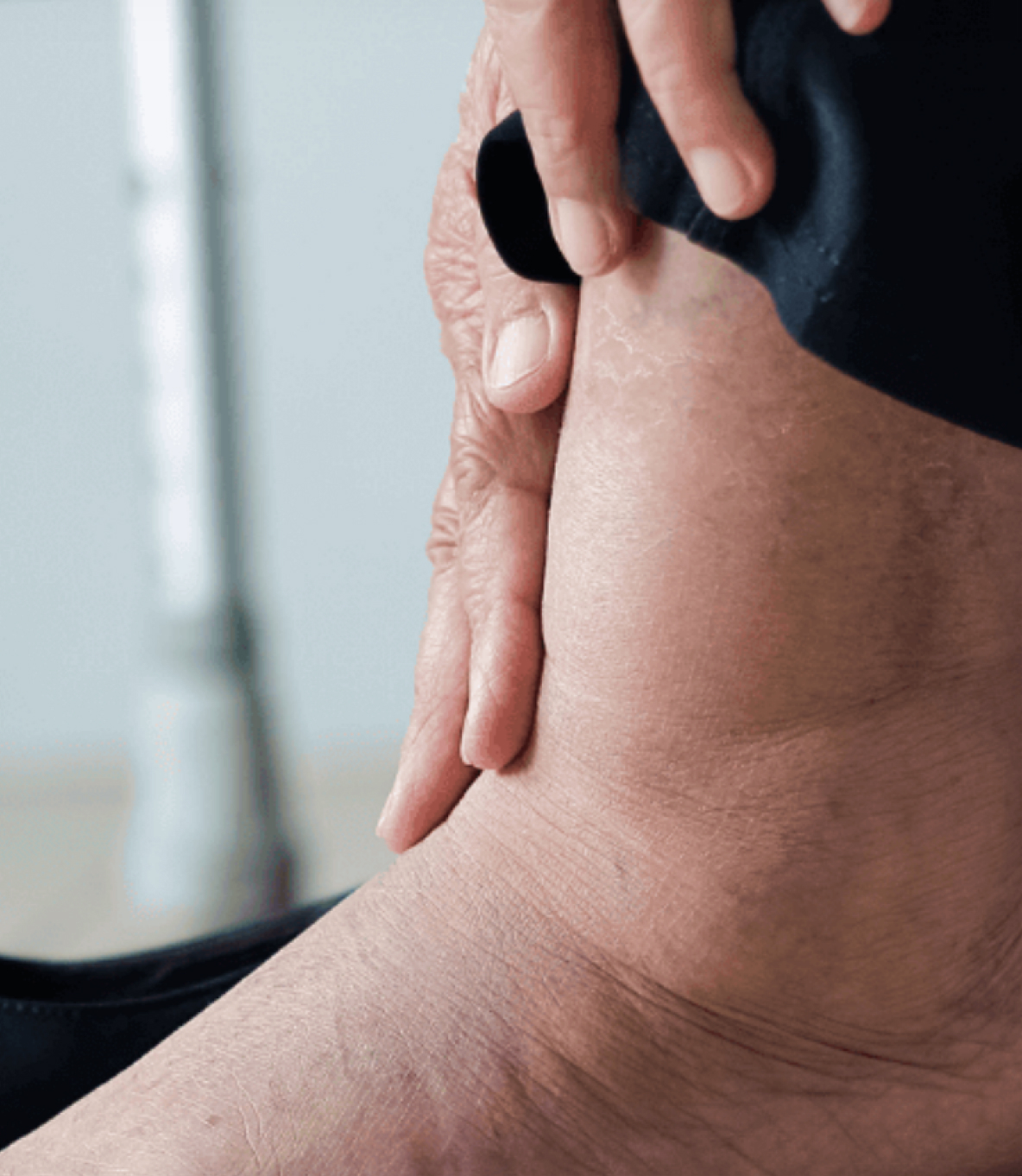How to Treat Lymphedema in Legs
Get the help you need while living with lymphedema in your legs. Don’t hesitate to reach out to a specialist who can help you manage...
Read More
Lymphedema is a long-term condition caused by damaged lymph vessels resulting in fluid buildup in the surrounding tissues, which mostly affects the legs. This causes a build-up of lymph fluid. This fluid frequently pools in the legs, causing swelling, heaviness, discomfort, loss of range of motion, recurring infections, and ultimately, damage to the vessels and tissues in the area.


There are several potential causes of lymphedema, and causes differ depending on the type of lymphedema: secondary, where the condition is caused by another condition, and primary, where defects in the formation of lymph nodes are the cause of lymphedema.
Causes of secondary lymphedema include surgery that involves the lymph nodes or radiation therapy, both frequently part of cancer treatment. Cancer itself can also cause lymphedema if it causes a blockage in the lymph nodes. Due to the multiple potential causes related to cancer and its treatments, cancer patients frequently suffer from lymphedema. Infection of the lymph nodes is another potential cause of secondary lymphedema.
The main cause of secondary lymphedema is chronic venous insufficiency, which is why it’s a condition we address here at United Vein and Vascular Centers. Damage to the valves inside the lymph vessels often occurs alongside damage to valves inside the veins of the legs. The circulatory system and lymphatic system work closely together and the failure to address one of these systems when it’s not functioning well can lead to issues from the other.
Primary lymphedema is quite rare, despite that there are a few potential causes such as Miege’s disease and Milroy’s disease.

Receiving treatment can improve your quality of life and reduce the rise of complications due to the condition. Early detection can lead to a better quality of life.
Treatment Options include:

Since lymphedema is a longterm condition, you may wonder what good all the treatments offered for it really does. The main goals of lymphedema treatment are as follows:
Since lymphedema may cause a great deal of discomfort and several complications if left untreated, it’s important to begin treatment early and keep up with the therapies recommended by your doctor. Severe lymphedema can make it difficult to use the affected limb and may require surgery, so a proactive approach can keep those suffering from the condition from many hardships.
If one has lymphedema, one should undergo a diagnostic ultrasound evaluation to identify if venous insufficiency is an underlying factor. If venous insufficiency is diagnosed, patients should undergo treatment. The combination of lymphedema and venous insufficiency is called phlebolymphedema.
United Vein & Vascular Centers are Nationally IAC accredited facilities which means they have undergone a thorough review of their operational and technical components by a panel of experts in the field .Your vein health and quality of life are important. Treatment for common vein conditions like spider veins or varicose veins are typically quick and easy, requiring no down time or hospital stays.
There’s never been a better time to address your vein health issues. Most insurance providers including Medicare cover vein treatments; feel free to ask us about your coverage. We’re available to answer any questions or address any concerns you may have about vein health or treatment. Call us today to talk about taking charge of your vein health.